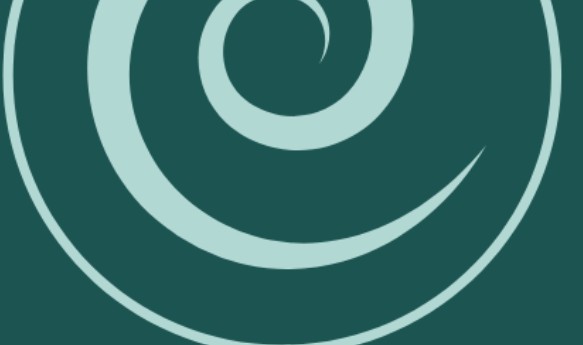
5 minute read
Wellington’s maths community multiplies connection
From curriculum support to PLD and competitions, the Wellington Maths Association is building confidence, connection and capability across the region.
What is the role of the Wellington Maths Association?
The role of the Wellington Maths Association (WMA) is to promote and improve maths education around Wellington, while upholding Te Tiriti o Waitangi. We do this through supporting and encouraging mathematics educators, sharing resources, hosting events and PLD, organising competitions and sharing information in our network.
What are some current priorities or focus areas?
The largest focus area at the moment for primary schools around Wellington is implementing the new curriculum.
With such a large amount of specific (and sometimes new) content, primary teachers are in need of support to understand exactly what and how to teach this.
With the support of NZAMT (New Zealand Association of Mathematics Teachers), we are currently running professional learning sessions in the Hutt Valley and Porirua, which give primary school teachers practical strategies and resources to help them implement the new curriculum. We are hoping to expand this to other suburbs in late 2025/early 2026.
What trends are you seeing in how maths is taught across the region?
There are many shifts in mathematics education that I have seen in recent years, such as te ao Māori – I have seen many schools really trying to weave these ideas into their maths curricula.
The second shift I have noticed is the rise in international maths teachers across the region and the vast and varied experiences that they bring. We are starting to see a real multicultural approach to maths teaching in the Wellington region, informed both by local and international ideas.
What professional learning opportunities does WMA provide?
Every year, the WMA organises a day for new teachers (PCTs) and teachers new to the country (OTTs) to help them better understand maths education in Aotearoa New Zealand.
We also organise a Head of Department/Faculty Day every year for leaders of mathematics education to upskill and collaborate across schools.
On top of these, we organise sessions for all teachers on various topics that we believe are important and timely. In previous years, we have organised sessions on numeracy, NCEA change, and mātauranga Māori in maths.
What advice would you give to teachers looking to build confidence?
Ask for support and ideas from others! There is so much information and so many resources around effective maths teaching that you can find online, from colleagues at your school and through associations like the WMA.
There’s no need for you to ‘reinvent the wheel’ every lesson you teach. Other teachers are your most important resource, so make sure to reach out.
What are some good ways schools are engaging whānau in supporting maths learning?
Every school in the region is doing excellent mahi engaging with whānau and giving them resources to support their students, like websites, workbooks and extra time with teachers.
The biggest development that I have seen in this area, and one that I think should be adopted more widely, is encouraging whānau to speak positively of maths.
I’m sure we’ve all heard the classic “I was never good at maths when I was at school” from a family member of one of our students, and that kind of negativity can really discourage persistence in maths.
Getting whānau to speak positively about maths is certainly not easy, but it can have a large impact on their student’s confidence, persistence and learning.
What makes Wellington’s maths education community unique?
The WMA community is one of the most diverse in the country, with schools from Wellington Central to Kāpiti, and from Petone to Wainuiomata. We teach students from a wide array of cultural and socioeconomic backgrounds and strive to meet and extend each of them.
This diversity, as well as our modest size, is a real asset of the Wellington region. Teachers from vastly different schools can work together closely, share ideas and experiences and learn from each other’s strengths. In the end, it makes us all better at what we do.
What successes have you seen recently that you’d love to share more widely?
The biggest success story that I want to share is about the Wellington Maths Association itself!
In 2020 the WMA was inactive, and even after re-activating in 2021 the ongoing effects of Covid made it difficult to build membership or host events.
However, in the last four years, and with the tireless efforts of some amazing committee members, the WMA is now in a much better position.
We are now able to host multiple events per year, there is increasing engagement from teachers and schools around the region, and we have a large committee. I am looking forward to growing the WMA even more in years to come!
How do local teachers and schools connect and collaborate through WMA?
Any teacher in the Wellington region can sign up to be on our mailing list by emailing wellingtonmathsassociation@ gmail.com, which will keep them updated with any events we are running or notices we may have. This is a great way to keep in touch with the WMA and find out about what’s going on.
Schools can sign up to be a part of the WMA through our website, which allows them to enter our annual maths competitions and automatically signs them up to our mailing list.
Keen teachers can sign up to be on the committee, which gives them the opportunity to meet with like-minded individuals every month, share resources more closely, and have their say in what events we organise.
For more information about WMA, visit www.wma.org.nz










